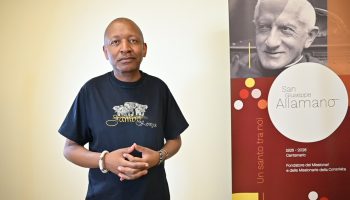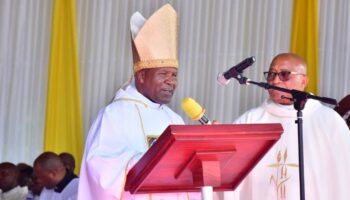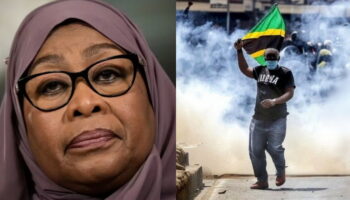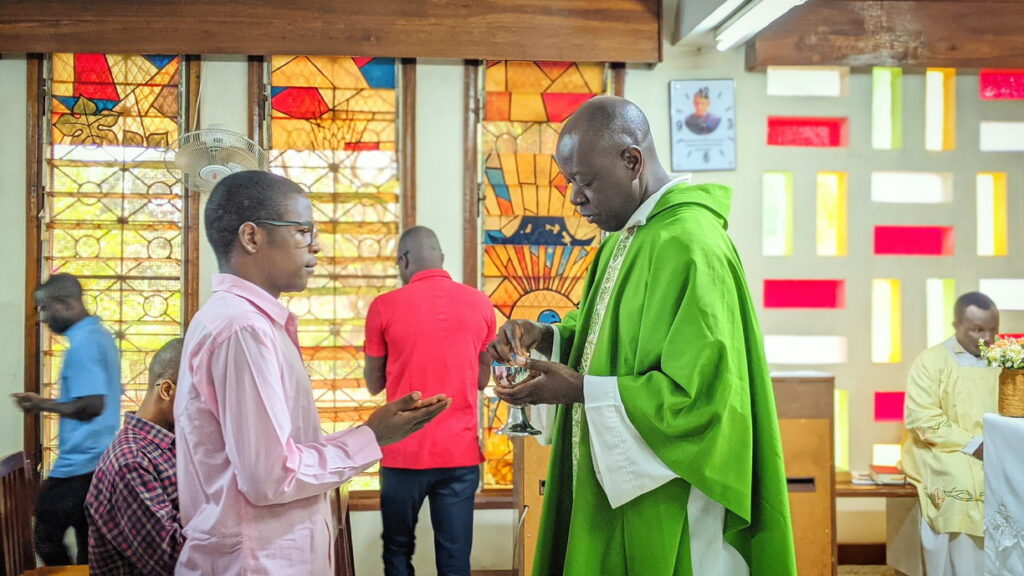
On the last day of a five-day formators’ course in Bunju, Tanzania, from 7th to 12th July, the Institute’s General Counsellor in charge of Formation, Father Mathews Odhiambo Owuor, shared a comprehensive reflection on the present state and future of formation within the Consolata Missionary Institute. There are achievements as well as challenges. All the same, we thank the Lord for what he has done to our Institute.
By Paulino Madeje *
Father Mathews began by expressing deep gratitude to formators, especially in Africa, recognizing their crucial yet often challenging role amid pressures from leadership, peers, and students. The General Council stands firmly by them.

On the financial issue, the General Counsellor recognized that it is a major challenge. Seminaries are struggling with limited infrastructures and rising running costs. Since 2017, the circumscriptions in the continent have managed with their own limited finances, with minimal support from the General Council, which now only provides limited funds strictly for mission, formation, and charity. With the Institute facing tough economic realities, further subsidies are unlikely, and other regions like Asia and Europe may soon need assistance as well.
Read also: The Vows in Religious Life and Formation today
Formators IMC in Africa reflect about self-awareness and leadership
Reflecting on the role of the Formator for the present time
Formation continues to be at the heart of the Institute’s mission – described as its “first parish”. Currently, 94% of the 358 formees come from Africa, spanning various stages of training. There is a strong emphasis on quality formation led by formators who are deeply grounded in the Consolata charism, spirituality, and human maturity. Similarly, ongoing formation remains vital at all stages of missionary life.
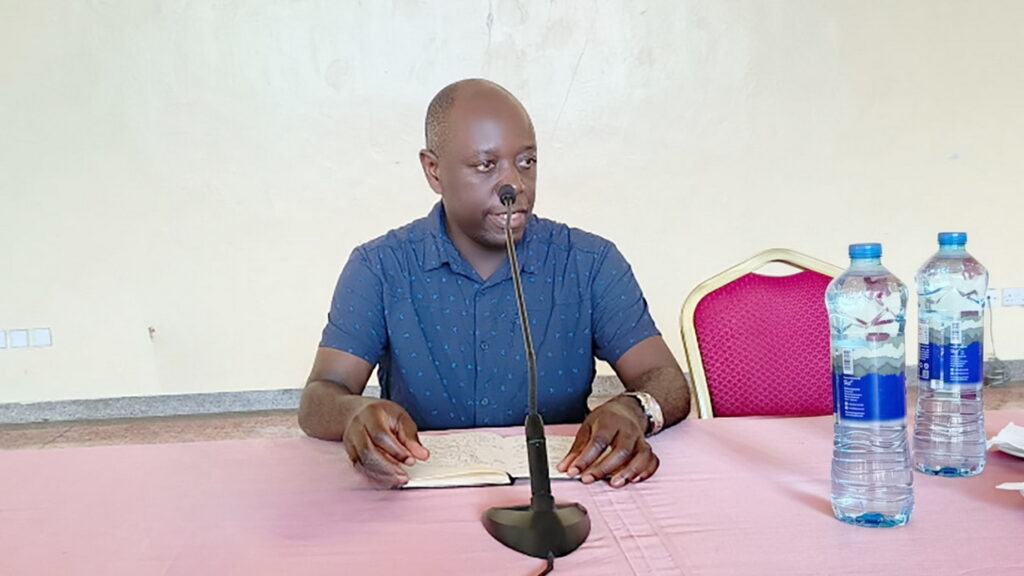
While theology studies persist through multiple academic cycles, there is a call to reassess specialization requirements and better value candidates’ prior education.
Fr. Mathews also addressed contemporary developments, noting the potential of digital tools like Magisterium AI (Artitificial Intelligence) for evangelization. Moreover, the opening of a new Theological Seminary in Côte d’Ivoire, designed for a small group of students, signals progress in regional formation. On the other hand, he encouraged African missions to engage thoughtfully and theologically with sensitive topics.
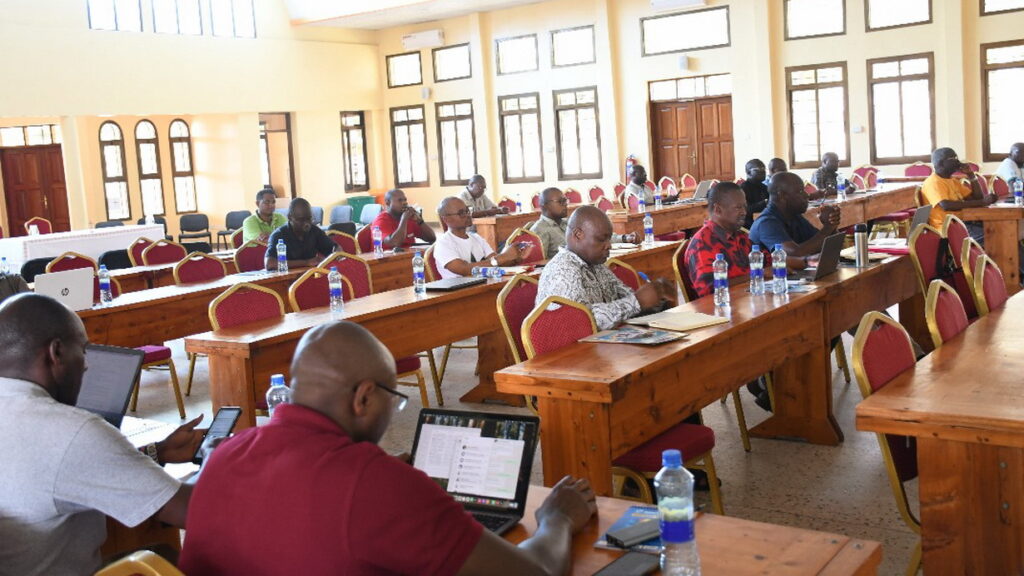
Despite a decline in membership from 1,011 in 2009 to 890 in 2025, the Institute remains hopeful. Strengthening formation, supporting formators, and wisely managing resources are seen as essential steps to renew the mission and secure a vibrant future for the Consolata Missionaries.
Fr. Matthew finished his reflection by inviting the group of 30 missionaries presents at the course to go on reflecting on some important questions concerning the academic formation of students in the congregation. As it was raised by the group discussion, he inquired on how to make good use of the studies of those who enter having achieved already a degree. He also suggested it might be time to reconsider the current requirement of compulsory specialization in theology, opening the door to other academic subjects.
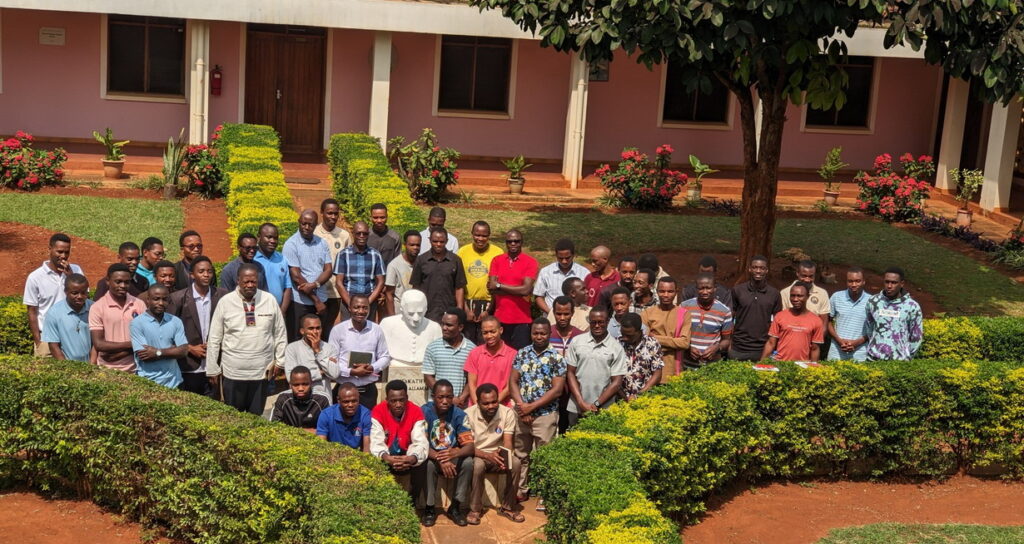
The IMC communication team in Africa thanks all the participants of this course, for their invaluable contribution. In a special way we thank the secretaries, whose dedicated and untiring work, made possible to write the articles on the course. May the Lord help us implement what has been discussed for His greater glory.
* Fr. Paulino Madeje, IMC, Tanzania. Africa Continent communication coordinator.

